The lectures below are from the Covid years. Not the best recordings and some made at speed, when trying to support the quick transition to the online world. One of the main failings was the sound, some of the early videos are quite quiet, but, i did get a better microphone for later videos :). However, i think there is still value in these videos, so rather than deleting them i decided to place them on the YouTube :). IMPORTANT, if you are currently taking SYS1 with me, the lecture material presented here does NOT reflect the current lectures, as always there have been adjustments and improvements to the lecture material i.e. when i spot the mistakes, remove, add, adjust material based on observations and feedback. Also, remember teaching material is spread across lectures, practicals and workshops i.e. core concepts may only be discussed in a lecture, a practical or during a workshop. Therefore, if you are taking SYS1 with me this year, do make sure you attend all of these sessions, otherwise you will miss core stuff that you need to know.
Overview.
Lecture 1 - Introduction.
Lecture 2 - Data types.
Lecture 3a - Combinatorial Logic.
Lecture 3b - Combinatorial Logic.
Lecture 4 - Sequential Logic.
Lecture 5a - The Computer.
Lecture 5b - The Computer.
Lecture 5c - The Computer.
Lecture 6a - CPU.
Lecture 6b - CPU.
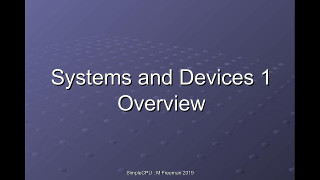
A quick overview on how this module will be taught and what you will need to do to prepare. Videos: (Link)
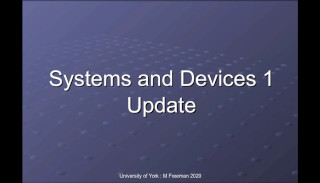
An update on how the module will be taught. Videos: (Link)
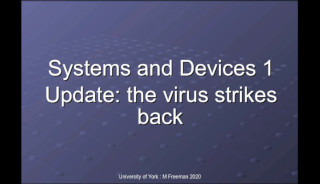
A further update on how the module will be taught. Videos: (Link)
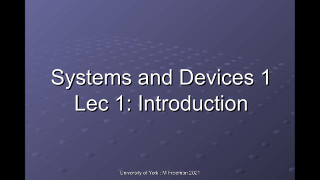
Introduction to lecture series, what the module is about, what we will be doing. Video: (Link). Slides: (Link).
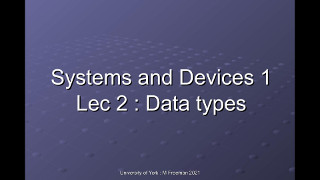
Data types - Number bases, Conversion, Boolean logic gates. Video: (Link). Slides: (Link).
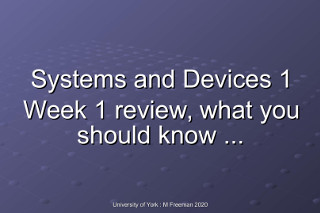
What you should know after week 1. Video: (Link)
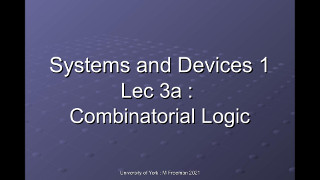
Combinatorial Logic - Multiplexers, Encoders, Decoders, Binary arithmetic. Video: (Link). Slides: (Link).
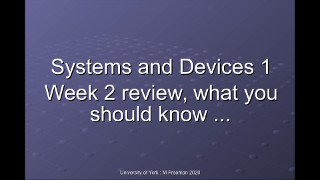
What you should know after week 2. Video: (Link)
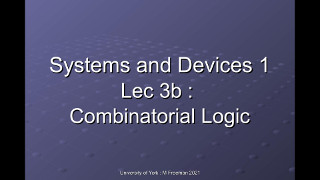
Combinatorial Logic - Multiplexers, Encoders, Decoders, Binary arithmetic. Video: (Link). Slides: (Link).
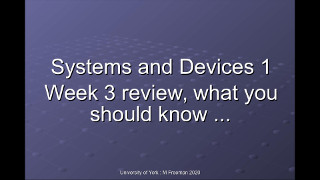
What you should know after week 3. Video: (Link)
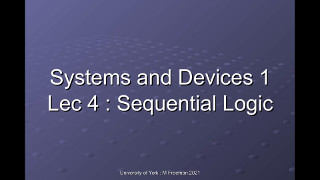
Sequential Logic - Flip-flops, Registers, Counters, Memory. Video: (Link). Slides: (Link).
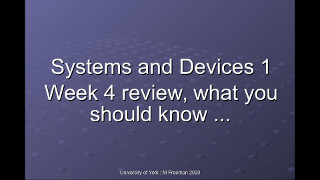
What you should know after week 4. Video: (Link)
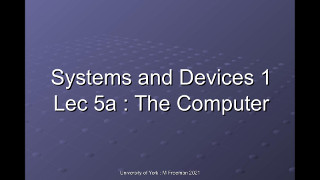
The Computer - F-D-E, Instruction sets, Assembly language, GPIO. Video: (Link). Slides: (Link).
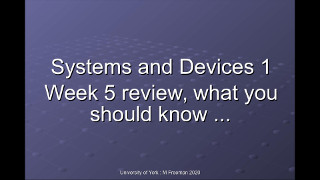
What you should know after week 5. Video: (Link)
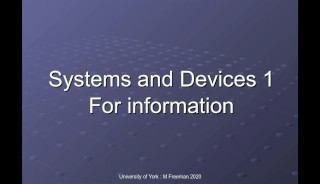
Important information. Video: (Link)
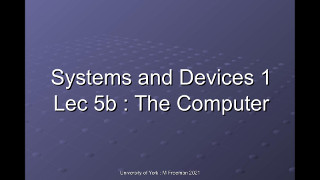
The Computer - F-D-E, Instruction sets, Assembly language, GPIO. Video: (Link). Slides: (Link).
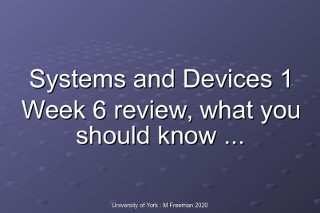
What you should know after week 6. Video: (Link)
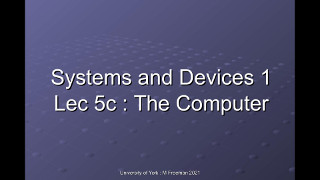
The Computer - F-D-E, Instruction sets, Assembly language, GPIO. Video: (Link). Slides: (Link).
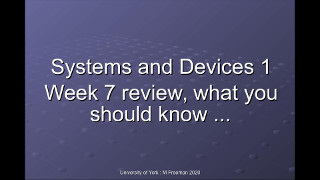
What you should know after week 7. Video: (Link)
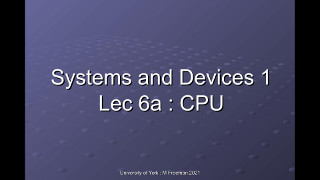
CPU - Architecture improvements, stacks and memory. Video: (Link). Slides: (Link).
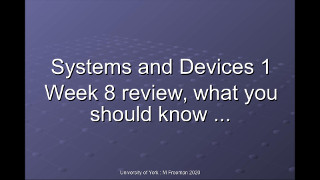
What you should know after week 8. Video: (Link)
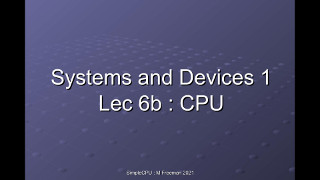
CPU - Architecture improvements, stacks and memory. Video: (Link). Slides: (Link).
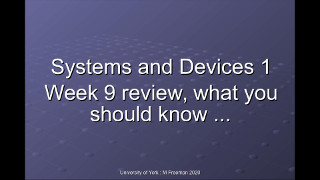
What you should know after week 9. Video: (Link)
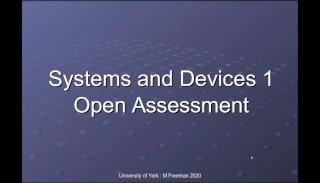
Open assessment, an overview of each question. Video: (Link).

This work is licensed under a Creative Commons Attribution-NonCommercial-NoDerivatives 4.0 International License.
Contact email: mike@simplecpudesign.com